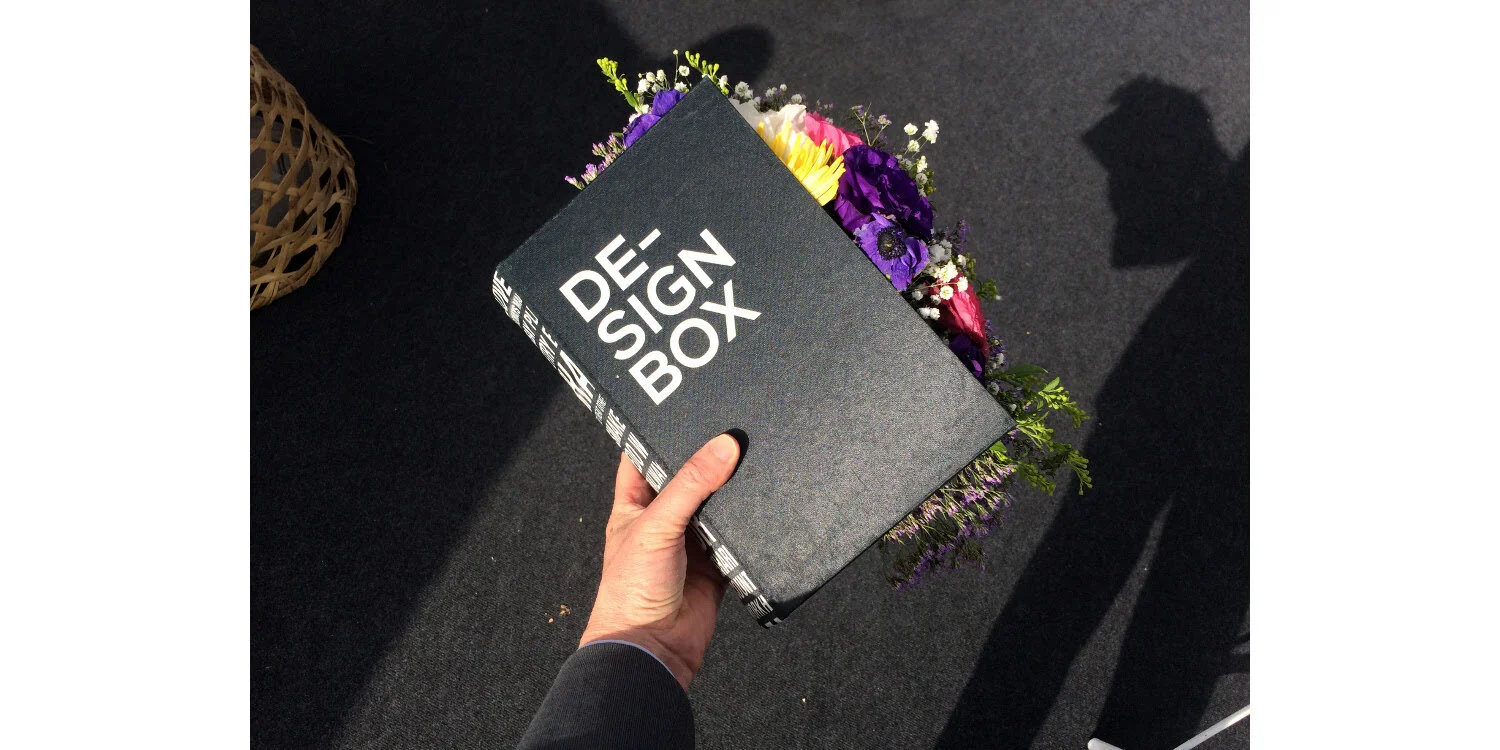Free strategy workshops March 23 – April 3 (crosspost)
This is a crosspost from my main site.
Over the last few days I’ve spent a lot of time thinking, and talking with organizers, leaders and practitioners in the cultural community, about how GLAMs (galleries, libraries, archives, museums) and community/civil-society organizations are coping with the Covid-19 crisis.
Most of us are in shock or reactive mode — closing down public spaces and caring for loved ones and neighbors.
But once the initial shock wears off (which hopefully, it will) and we’ve done what we can do easily in the realm of public service (for example, move programs to the web and promote online resources), we’re going to need to take a serious look at the role our organizations really play in society, and what we need to do differently in the short (next few weeks), medium (3-4 months), and long-term future (years) to make sure we’re doing justice to our missions and our communities.
With that in mind I’m offering some free strategy workshops for GLAMs and other public-facing community/civil-society organizations in the coming weeks.
Not that I have answers to teach you — far from it! I’m doing this because, as a trained facilitator with 25+ years experience in the digital cultural sector and a lot of international experience at a variety of scales, I think I can help teams and organizations find their own best strategies and solutions for this unsettling and difficult moment in time.
That’s what I’m trained to do. And I’m doing this because I can, and because I want to help, and because I believe in the value of what we do in the cultural sector and in civil society.
So here’s the plan
What I imagine is that you are a team within an organization like a museum, a library, a civil-society org. that faces the public. You could be the online or communications team, a leadership group, the board of directors, whatever. Or you’re an ad-hoc team from a movement like Fridays for Future. The important thing for me is that you have a civic mission, you face the public, and you want to create value in society, as they say.
You are hungry to dive deep, over the course of a day or two, into your mission, purpose, and identity — and to model through what those things mean now, in the world of Covid-19.
You’re curious to experiment with the LEGO Serious Play process — a facilitated thinking, communication, and problem-solving technique for groups — in a remote (online, distributed) teleconference setting. (The LEGO Serious Play process is optimized for face-to-face interaction, so moving it to a videoconference format is unorthodox and experimental.)
You want to start soon (as early as the week of March 23, 2020).
If that sounds interesting to you, or if you have any questions or suggestions, please get in touch with me through this form at the bottom of my “consulting” page. Tell me a little about who you are and what you’d like to do and I’ll get back to you ASAP.
Thanks!
P.S. If you want to leave a comment or question on this post, or make a suggestion, please ping me on twitter (@mpedson) or use this comment form here. I’ll review your comments/questions and respond, or post them here, as appropriate. :)
P.P.S English is my best language (though god knows I still struggle with it), but if you need to work in another language we’ll figure something out.




